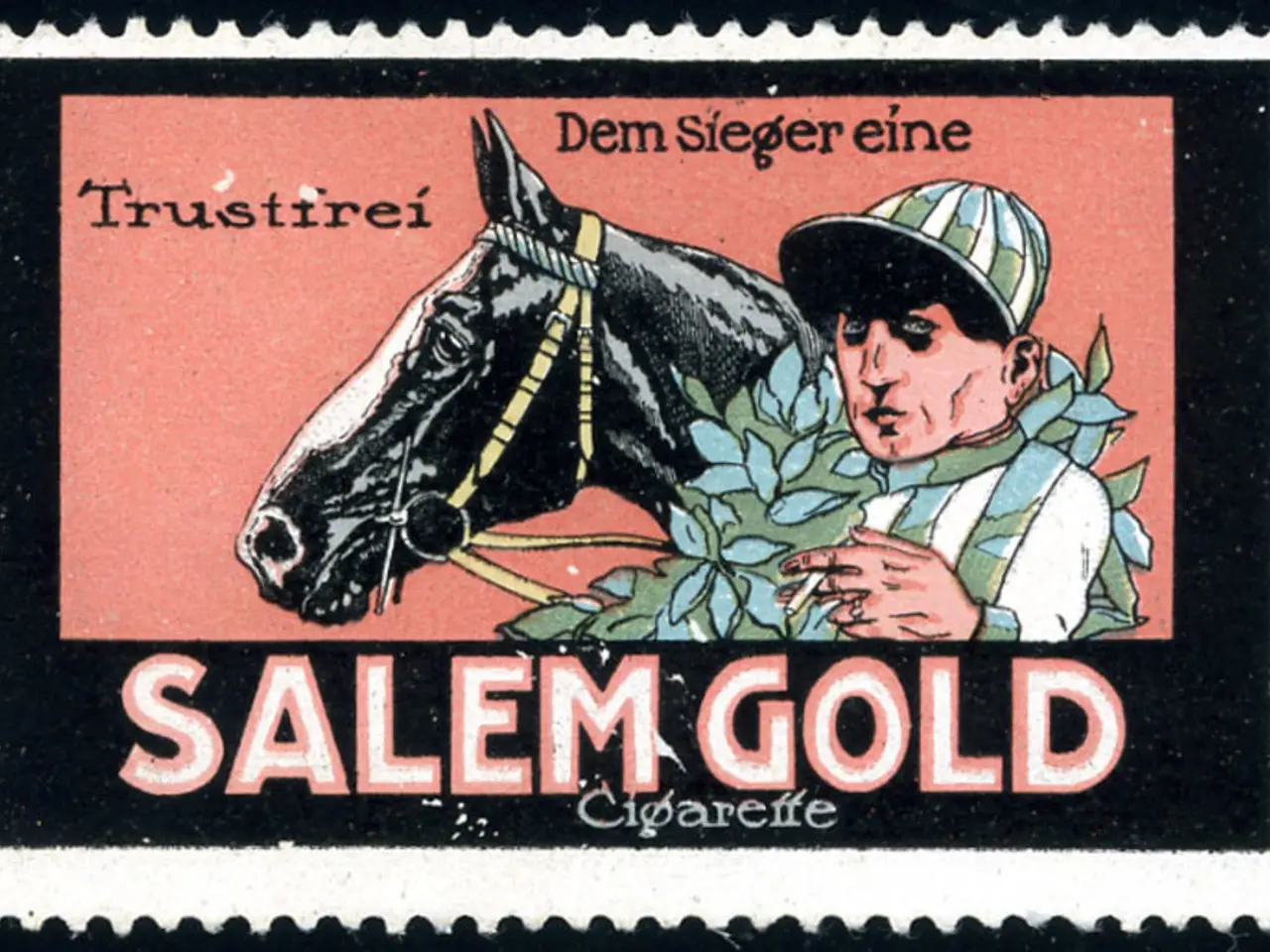Last reported case of Equine Infectious Anemia in the county remains unverified - all related horse quarantines have been terminated
Equine Infectious Anemia (EIA), also known as Anaplasmosis of the Equids, is a systemic viral disease that affects horses, ponies, donkeys, mules, and zebras. This disease, which is incurable, has been reported in occasional cases in Germany.
Recently, a horse from an operation in Germany was suspected of having EIA. However, following thorough testing and investigations by the competent veterinary authorities, the operation has been cleared of any suspicion. The ban on the operation has been lifted, and it is no longer considered a potential risk for EIA.
EIA can be transmitted through direct contact between horses, especially through blood and small injuries. It can also occur through iatrogenic transmission, which is caused by treatment, especially through the use of a needle or syringe for multiple animals. Large blood-sucking insects such as horseflies and deerflies can also transmit EIA.
Thankfully, human infection from EIA is not a risk. This is good news for both the equine industry and the general public.
It's important to note that the main areas of distribution for EIA are North and South America, Africa, Asia, Australia, and Southern and Eastern Europe. However, occasional cases have been reported in Germany, emphasising the need for continued vigilance and testing.
With the lifting of the ban on the operation, no more horse holdings on the platform suspected of having EIA remain. This is a positive step towards maintaining a healthy and safe equine environment in Germany.
In conclusion, while EIA remains a concern in the equine world, the lifting of the ban on the operation in Germany is a testament to the effective work of the veterinary authorities and the adherence to strict protocols. It serves as a reminder that with vigilance and proper measures, the risk of EIA can be managed effectively.
Read also:
- United States tariffs pose a threat to India, necessitating the recruitment of adept negotiators or strategists, similar to those who had influenced Trump's decisions.
- Weekly happenings in the German Federal Parliament (Bundestag)
- Southwest region's most popular posts, accompanied by an inquiry:
- Discussion between Putin and Trump in Alaska could potentially overshadow Ukraine's concerns






